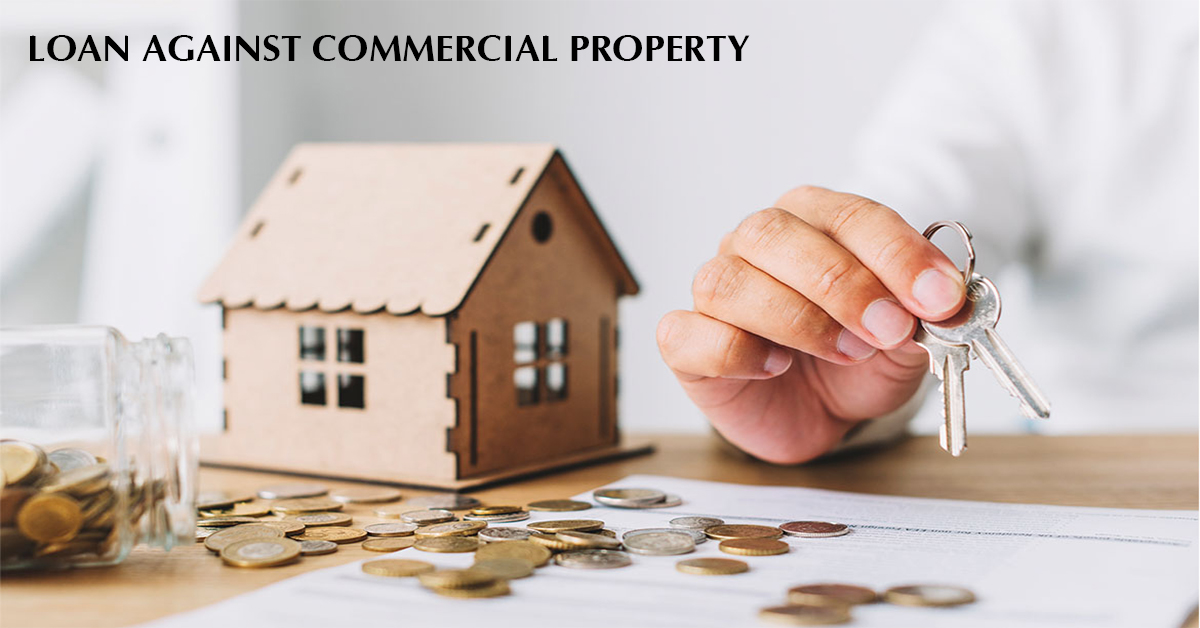Commercial property loans have similar requirements to residential mortgages but some essential differences are. This article will look at the requirements to obtain one and the differences in interest rates. In addition, we’ll review some common mistakes that lenders make and discuss how to avoid them. If you’re planning on applying for a commercial property loan, here are some tips. Read on to learn more.
Common similarities between commercial real estate loans and residential mortgages
While residential mortgages are typically between individuals and banks, commercial mortgages are made to companies. While commercial mortgages have unique features, risks, and investment strategies, they generally have similar requirements.
One of the main differences between a commercial loan and a residential mortgage is the underlying asset. A commercial loan is secured by an asset other than the homeowner’s primary residence, such as a building or a commercial property. A commercial loan typically has a shorter term than a residential mortgage, with the duration of the loan being as long as 20 years. Consequently, the interest rates are higher.
Although there are a few differences, commercial property loans by Diverse Funding Solutions are often the right choice for a business. Commercial lenders are typically more interested in projected cash flow than credit history. Additionally, they will want to know who will be paying the bills and what kind of maintenance is required.
Commercial loans require a 20% down payment or more. Unlike residential mortgages, commercial loans require a much larger down payment. In addition, most commercial loans have stricter payment terms and often come with a prepayment penalty. These restrictions are essential for commercial loans because they protect the lender’s anticipated yield. While they do differ in other aspects, the terms of both mortgages are similar enough to warrant a thorough comparison.
Another significant difference between a commercial and a residential mortgage is that a commercial loan has a higher loan-to-value ratio (LTV). In contrast, a residential mortgage is made to an individual. The latter is a debt-service coverage ratio. A lower loan-to-value ratio means less risk for the lender. The former is usually a better option when the property’s value is low, and the risk of foreclosure is lower.
Requirements for obtaining a commercial real estate loan
The requirements for obtaining a commercial property loan are as varied as the properties themselves. You should carefully research your options to determine which lender will give you the best deal. For instance, many lenders require a down payment as collateral, and other requirements will vary depending on the lender. You should be prepared for the lender’s rejection. Regardless of the lender you choose, make sure you have enough time to research your options.
If you are in the market for a commercial property loan, the first step is to look for a lender specialising in your desired type of loan. Check the interest rate, fees, and qualification requirements for various lenders. Once you find a lender that suits your needs, you can shop around and obtain a better deal. It is essential to do some comparison shopping to find the best possible loan.
Interest rates on commercial real estate loans
Low rates make commercial loans more affordable and help qualified buyers find properties. They also affect key financial metrics, such as the stock market. To determine the interest rate on a commercial loan, look at the market and compare it to the current interest rates.
Personal and business credit will likely be important factors when applying for a commercial loan. In particular, strong credit history is highly desirable. Also, a low loan-to-value ratio is favourable. However, if you have bad credit, it is essential to try to repair it. Improving your credit can help you qualify for lower interest rates and higher funding amounts. Ensure that you have a high down payment before applying for commercial real estate loans.
The rate on commercial loans will be dependent on several underwriting factors, such as the location of the property, the borrower’s financial status, and the type of property. If you have bad credit, check with your lender and shop around. By following these guidelines, you’ll be well on your way to owning a commercial property.

